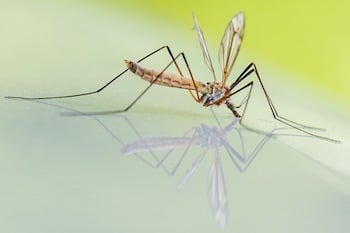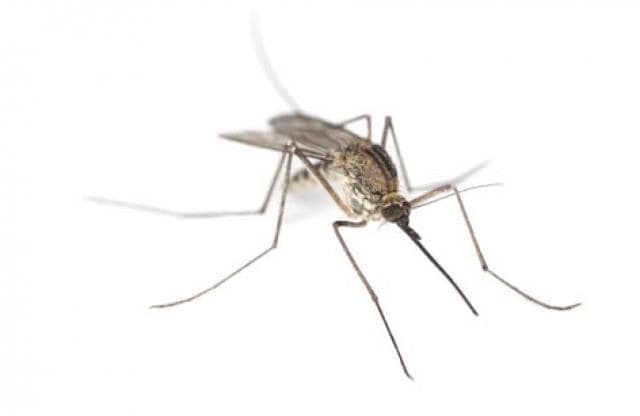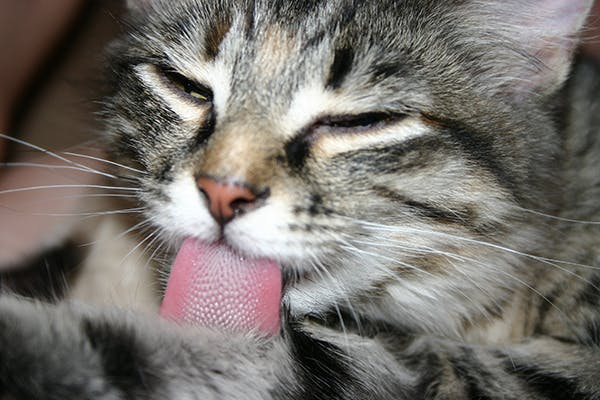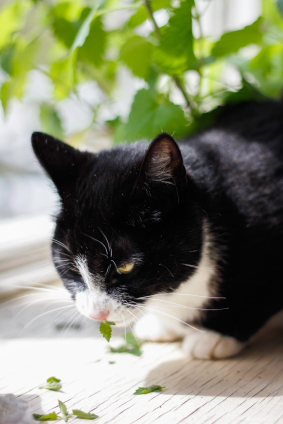Mosquitos: the bane of our existence. Even if you’re trapped in a room with just one of these pesky pests, that is enough to drive you mad. From buzzing around your ears to flying away and vanishing before you can swat them away, to silently sneaking up on you and draining you of your blood and leaving an itchy bite behind, what wouldn’t we do to rid ourselves of these pests? To top it off, they carry many diseases with them, such as malaria and dengue.
Has it ever crossed your mind when you’re scratching yourself crazy after a bite about how lucky your pet cat is to be safe from these pests? Protected by a coat of fur, they seemed unbothered, like with everything else in life, with mosquitoes. But have you ever wondered if animals such as cats can get bitten by mosquitos?
If you’re hesitant in asking this question out loud in fear of seeming silly, don’t worry, we have your back. We have wondered the same thing and have your answers ready.
Do mosquitoes bite cats?

Surprisingly, they do. While for most of its body, your cat is protected by its fur, there are some vulnerable spots where mosquitoes can attack. These spots include your cat’s ears, nose, and the pads of their paws. They cannot, however, make it past all the fur lining your cat’s body.
Are mosquito bites dangerous for cats?
Surprisingly, yes. Cats can suffer from a range of health issues following a mosquito bite. It can be as simple as an annoying itch to more severe parasitic diseases. Some of these diseases include:
1.Mosquito bite hypersensitivity: This results from your cat’s immune system’s reaction to the bite. It can cause raw ulcers or scaling where your cat has been bitten. Other problems can include hair loss as well as changes in pigment in the affected area.
If bitten on their paw pads, the pads can swell up or thicken and become tender and red. Fever and swelling in the lymph nodes can also be a result of a mosquito bite.
In milder cases, provided that your cat isn’t bitten frequently, the case resolves itself. However, in more severe cases, mosquito bite hypersensitivity is treated with corticosteroids administered either orally or by injection.

2.Feline Heartworm disease: This is a serious parasitic disease whose root cause is a worm called “Dirofilaria Immitis.” This worm lives in the heart and the blood vessels of the infected animal are spread from dogs to cats because of mosquitos.
In cats, this worm can grow up to a foot long. This can prove to be fatal for cats who don’t have a heavy word burden as it is, and a tiny number can end up killing them.
Unfortunately, the symptoms of this disease, which include lethargy, cough, vomiting, fainting, are common with other feline illnesses making it hard to diagnose and even more dangerous to their health.
Other diseases that can result from mosquito bites include the West Nile Disease and can also cause severe allergic reactions in cats.
How can I keep my cat safe from mosquitos?

To keep your felines safe from these diseases, you will need to eliminate the source, which is the mosquitos. While you can’t do away with them completely, as unfortunate as that may be, you can take certain preventative measures to keep your furry friend safe.
To start with, it is under no circumstances a good idea to use human mosquito repellents on your cat. Cats are sensitive to certain chemicals, and an example of this is DEET. This chemical is present in human use repellents but is used on cats; it can prove fatal since there is no cure for DEET toxicity in cats other than supportive care.
Similarly, don’t use mosquito repellents designed for dogs on your cats. For the same reason, certain chemicals might be safe for your canine but not for your feline. An example is K9 Advantix® Spot-on. If you apply this product to your dog, make sure to keep your fat away from your dog until the product dries.
One of the biggest obstacles to using products on cats is their habit of constant grooming. Using feline-friendly products daily might also be a health concern since they may ingest harmful amounts while grooming.
Nonetheless, some over-the-counter products can be used on your cat to repel mosquitos. An example is Avon’s Skin So Soft (SSS), which is said to drown the pesky insects in its oil rather than driving them away. Picaridin is also said to help repel mosquitos while also being safe for cats.
You can also use antibacterial cream on bites that don’t seem to heal. However, it is always a good idea to consult with your vet before applying any creams. Also, be wary of essential oils as they are not all safe for your feline.
Natural Solutions:

Now, if you aren’t comfortable with using products on your cats, you can try more natural methods. Mosquitos are most active at dusk and dawn, so make sure to keep your cat safely indoors during these times.
Similarly, water is a major contributing factor in the presence of mosquitos. Remove any sources of stagnant water in your home and garden since water is a breeding ground for mosquitoes. Similarly, make sure to keep their water bowl clean and change the water regularly. Also, find the source of entrance for mosquitos and fix doors and windows for any gaps by putting in screens to prevent them from coming in.
Conclusion:
If you live in an area where there are many mosquitos, for both your and your feline’s benefit, be cautious of mosquito bites. If the bites don’t seem to heal, don’t hesitate to reach out to your vet.
